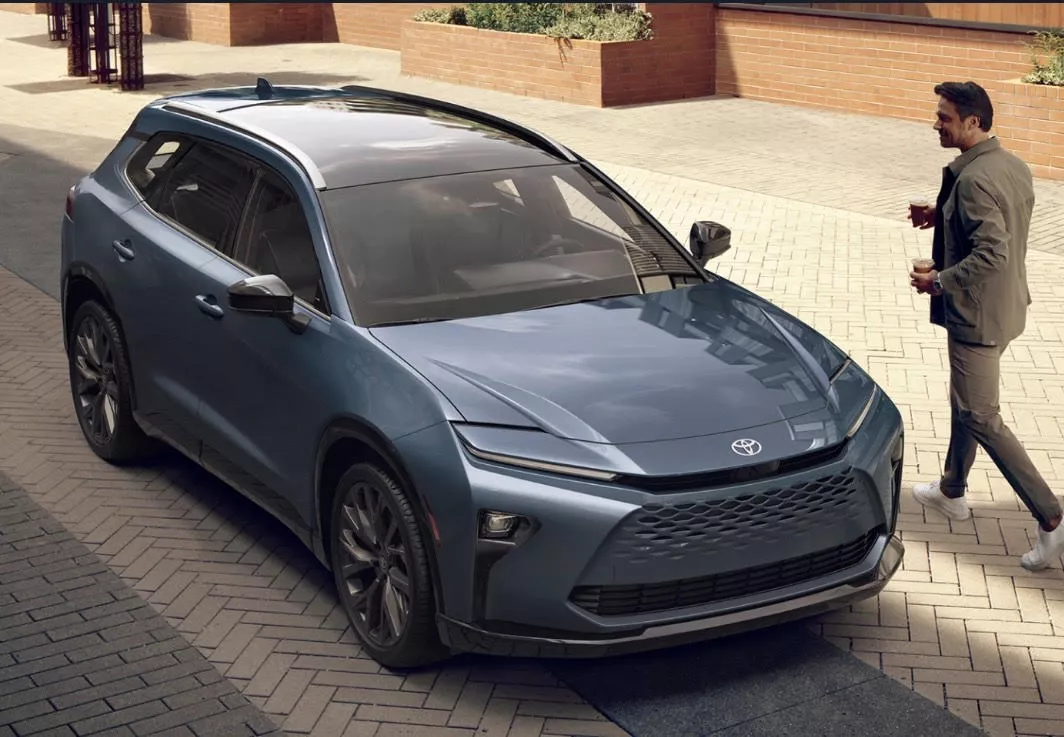Shop At Haya: Your Ultimate Shopping Guide
Discover the best shopping tips, trends, and deals for a smarter buying experience.
Hybrid Cars: The Best of Both Worlds on Four Wheels
Discover why hybrid cars are revolutionizing driving! Explore the top benefits that make them the best choice for eco-friendly journeys.
Understanding Hybrid Cars: How They Combine Power and Efficiency
Understanding hybrid cars hinges on recognizing how they seamlessly integrate two distinct power sources: an internal combustion engine and an electric motor. This combination allows hybrid vehicles to achieve superior fuel efficiency compared to traditional gasoline-powered cars. In city driving conditions, hybrids typically operate solely on electricity at low speeds, utilizing regenerative braking to recharge their batteries. This not only reduces emissions but also minimizes fuel consumption, making hybrids an environmentally friendly option.
Furthermore, hybrid cars are designed to switch between their combustion engine and electric motor as needed, optimizing performance and efficiency. Drivers can experience the best of both worlds – the torque from electric power for immediate acceleration and the extended range provided by gasoline. Some models even feature advanced technologies, like plug-in hybrids, which allow for enhanced all-electric range. Ultimately, understanding the mechanics and benefits of hybrid cars can empower consumers to make informed choices towards more sustainable driving.

The Environmental Benefits of Driving a Hybrid: A Greener Choice
Driving a hybrid vehicle significantly reduces carbon emissions compared to traditional gasoline-powered cars. Hybrid vehicles utilize a combination of an internal combustion engine and an electric motor, which leads to increased fuel efficiency. According to the Environmental Protection Agency (EPA), hybrids can achieve a remarkable 30% to 60% reduction in emissions, depending on the model and driving conditions. This reduction in greenhouse gases helps combat climate change and improves air quality, making our cities healthier and more sustainable places to live.
In addition to lowering emissions, hybrid cars are often equipped with energy-efficient technologies that promote the use of renewable energy sources. Many hybrids capture and reuse energy through regenerative braking, which minimizes energy waste and enhances overall energy efficiency. This shift toward greener technology encourages a greater reliance on clean energy solutions, ultimately leading to a more sustainable future. By choosing a hybrid vehicle, drivers can contribute to reducing fossil fuel consumption and support the transition towards a greener transportation system.
Hybrid vs. Traditional Cars: Which is the Better Investment?
When considering the question of Hybrid vs. Traditional Cars, one must evaluate the initial investment as well as the long-term savings. Hybrid cars typically come with a higher upfront cost due to the complex technology involved in their design. However, they often offer better fuel efficiency, leading to significant savings on fuel expenses over time. This can especially be a game-changer in urban areas where stop-and-go driving reduces the efficiency of conventional cars.
On the other hand, traditional cars may be more affordable at first and typically have lower maintenance costs due to their simpler design. That said, they might incur higher fuel costs in comparison to hybrids. Ultimately, the choice between Hybrid and Traditional cars hinges on personal driving habits, budget, and environmental considerations. Weighing the pros and cons of each can help you determine which option is the better long-term investment for your specific needs.